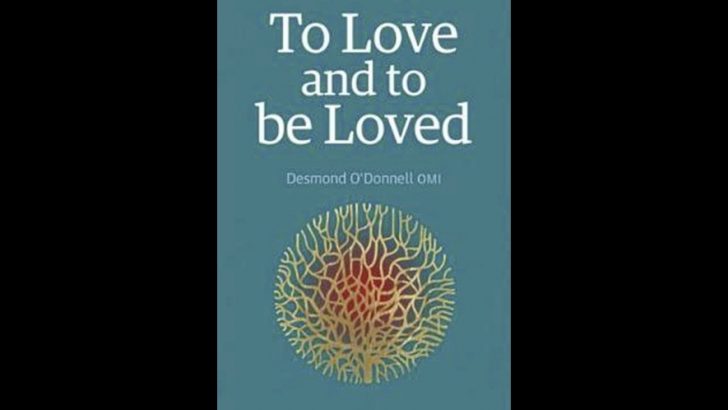To Love and to be Loved
by Desmond O’Donnell (Dominican Publications, €15.00)
The many people coming to Dublin next week will all have in mind two themes which the Pope Francis has identified as important not just for all Catholics, but for every human being, indeed for all life on earth. These are the themes of the joy of love and our task of caring for the planet we live on, of expressing in fact our love and understanding of all living things.
The publication of Desmond O’Donnell’s latest book is to be welcomed in this context, but it also a book which would be equally welcome at any time.
In a sense this book is meditation on the Gospel passage found in Luke 10:29 and the question “And who is my neighbour?” This was posed by a certain lawyer: that sort of legalistic person we have all met, who is alive to the letter of the law rather than the spirit. In the words of the old school catechism, that is so often held before our casual modern minds, as the standard by which all Catholics should live (rather than the Gospel). The school book answer added: “My neighbour is all mankind”.
Today we know just what all mankind is like, yet there are those earnest catechism users who find it very hard to grasp that this means what it says: all those of other races, of other faiths, of other identities, of all kinds. It is a call to leave hate aside, to “love and be loved” as Desmond O’Donnell suggests.
At the very start of this book he alludes to several writers who have remarked on how our over-crowded world is full of lonely people. This often comes about because people are actively excluded or discriminated against. “The aim of this book is to show,” the author says, “that the solution to both these problems is within us.”
In other words to change the way of the world we have to change our own ways. We have to embrace — in the very fullest meaning of that word — the world and its life.
Desmond O’Donnell is both an Oblate priest and a registered psychologist.
He is well versed in the ways of both the soul and the mind. In his 22 chapters he progressively deals with all the problems that surround hatred, dislike, tolerance, acceptance, friendship, affection, love and disinterested passion.
And I mean ‘disinterested’ and not ‘uninterested’. One of our problems to-day is that we are often too quick to think we understand when in fact our confusion of language prevents us from doing so.
The book rests on its own solid bedrock of experience and insight, and the actively interpreted writings of others. Those others include Jesus, if we can say that of a man who never set pen to paper, but who taught through his immediate interaction with individuals.
It was not Jesus who said “Quod scripsi, scripsi”. In our struggle to do the best we can it is always possible to change our opinions, our beliefs, our wrongful judgements.
For the months which follow after next week’s events, many people will find their ideas enlarged by a continuing encounter with Desmond O’Donnell’s thoughts in reflecting on those themes of the week.


 Peter Costello
Peter Costello
